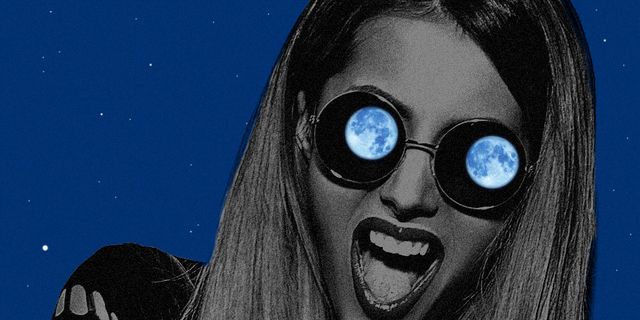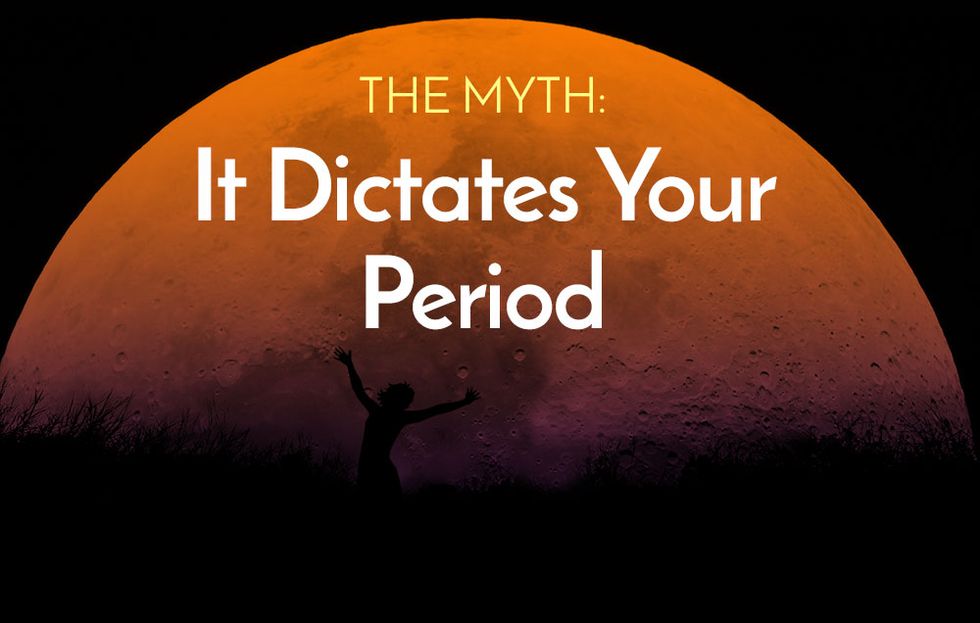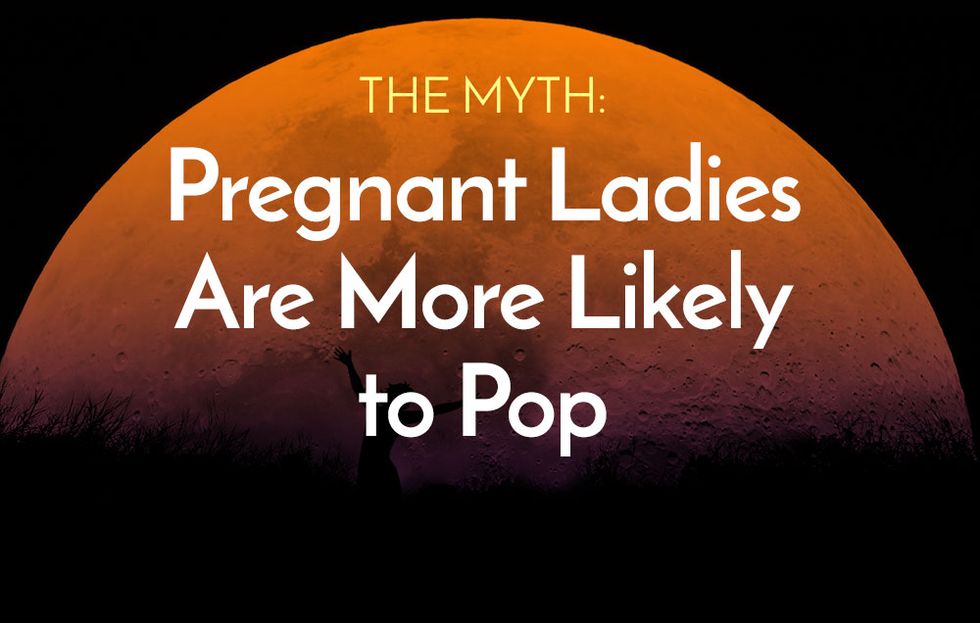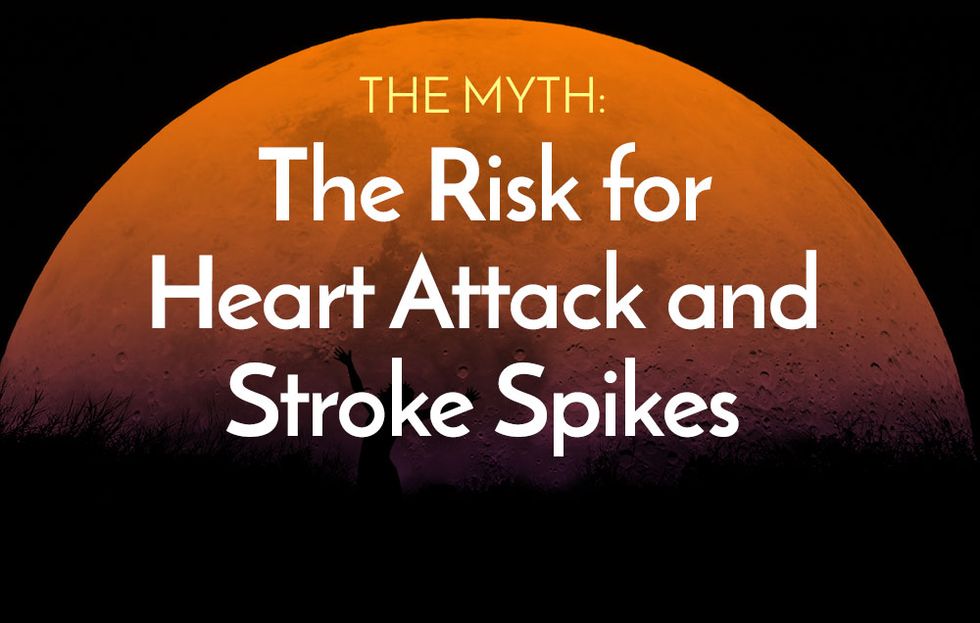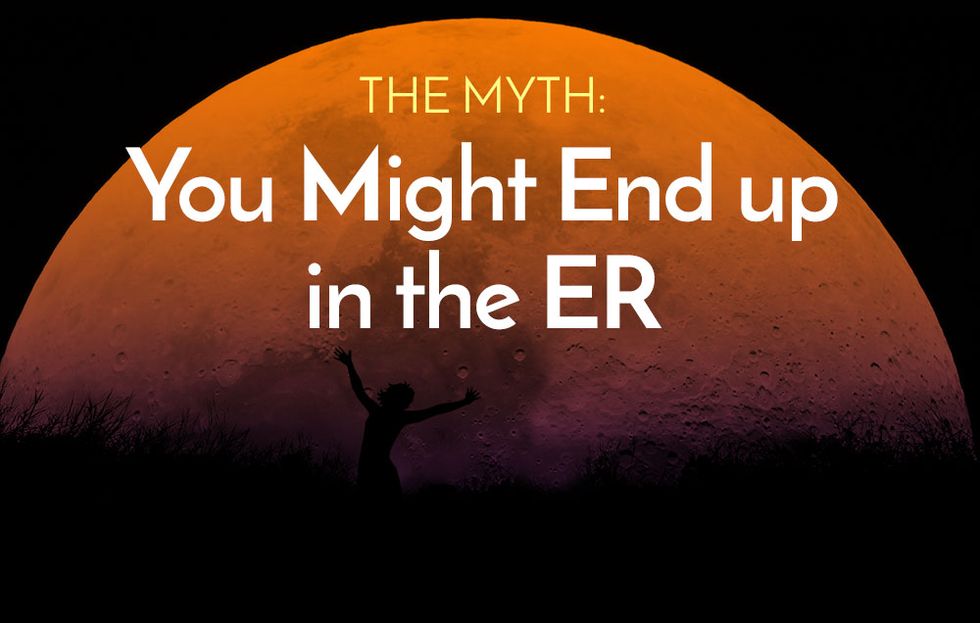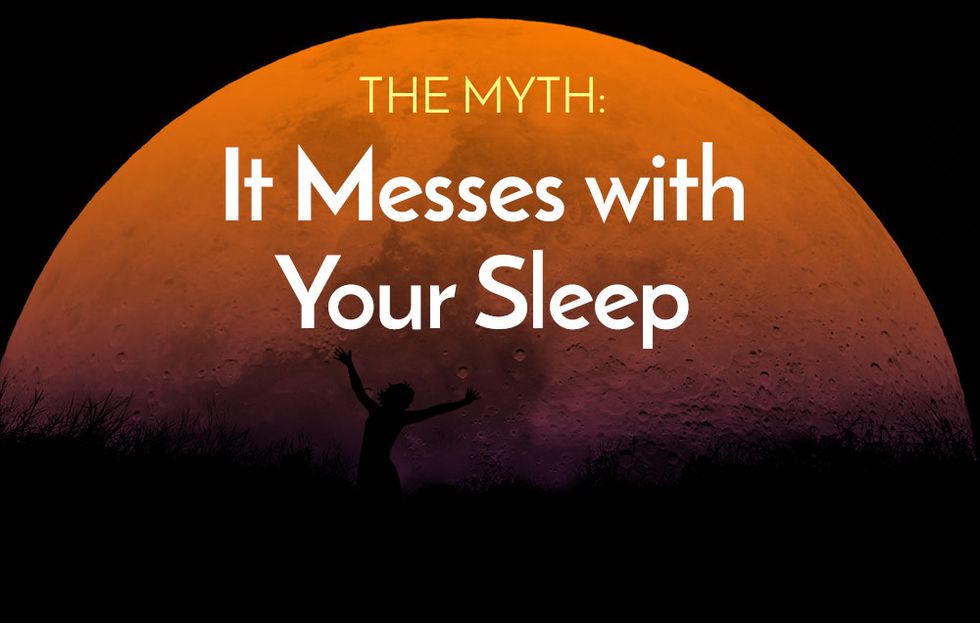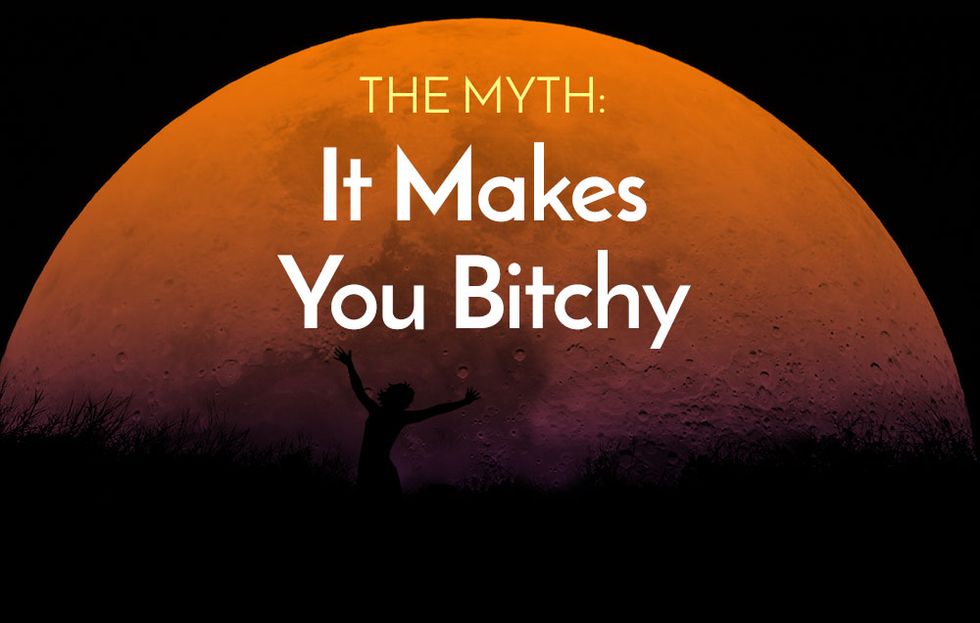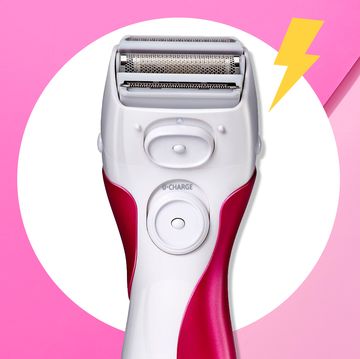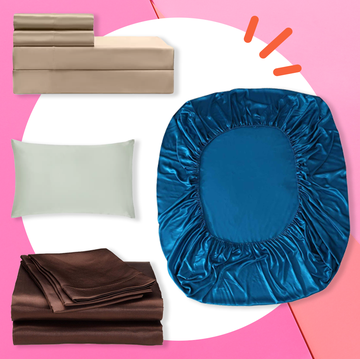No, Full Moons Don't Make You Bitchy
Plus, other myths about how the lunar cycle affects your bod.
Rumor and legend—and the occasional study—claim that the big round orb can have spooky effects on your body. For some Halloween fun, we unearthed the truths that lie behind the myths. (Fun fact: The next full moon is on October 16.)

Jessica Migala is a health writer specializing in general wellness, fitness, nutrition, and skincare, with work published in Women’s Health, Glamour, Health, Men’s Health, and more. She is based in the Chicago suburbs and is a mom to two little boys and rambunctious rescue pup.
Watch Next

Advertisement - Continue Reading Below

14 Best Meal Delivery Services of 2024, Tested
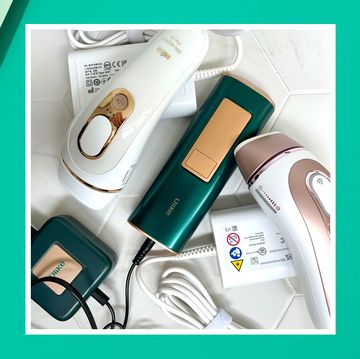
10 Best Laser Hair Removal Devices Of 2024
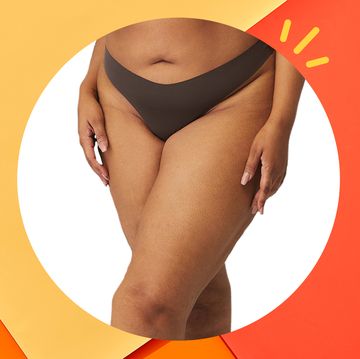
Best Moisture-Wicking Underwear To Keep You Dry
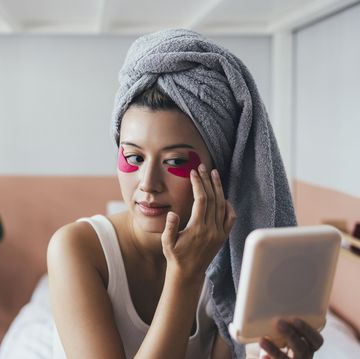
11 Reasons Your Eyes Are So Puffy Right Now
Advertisement - Continue Reading Below
Advertisement - Continue Reading Below
